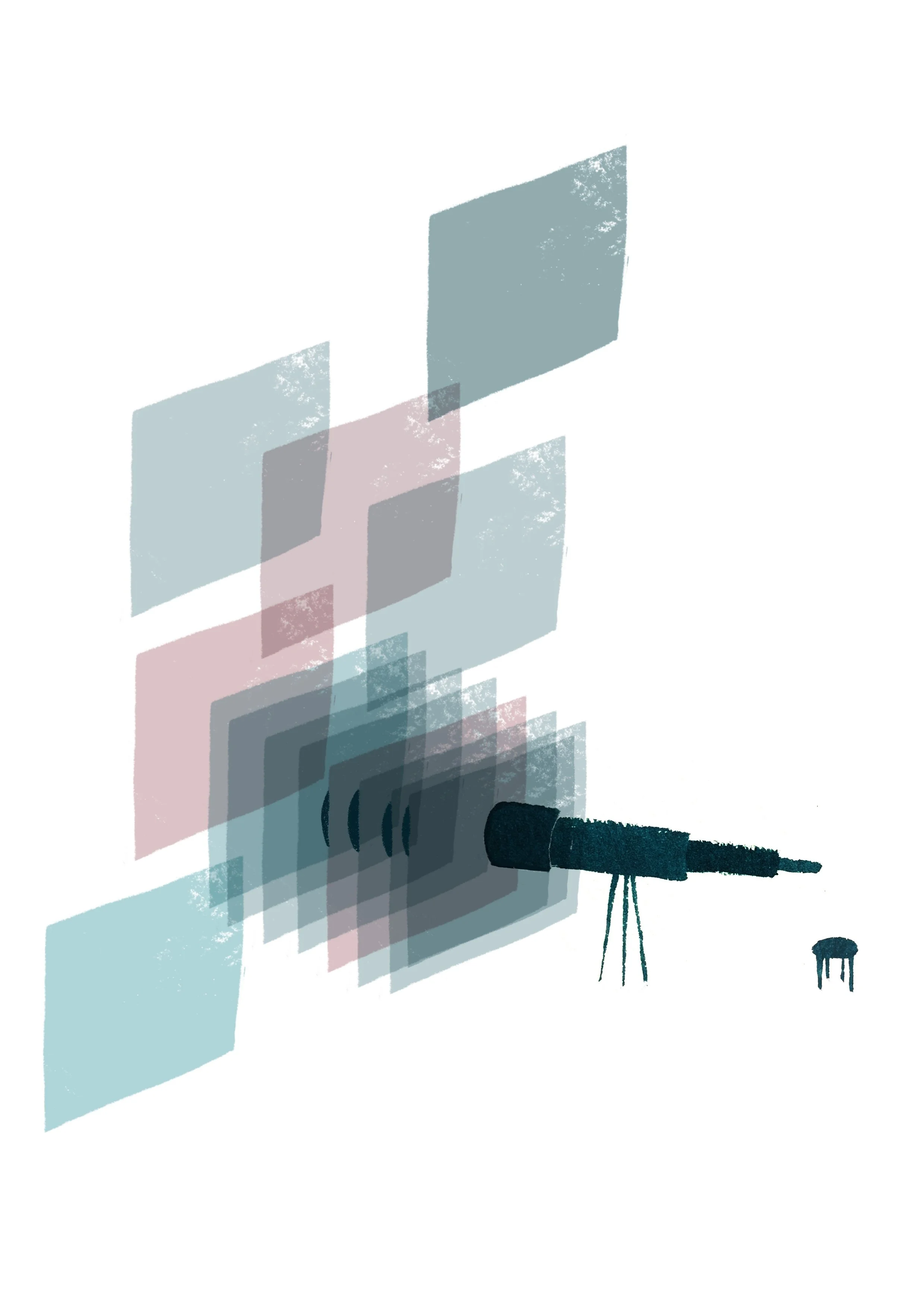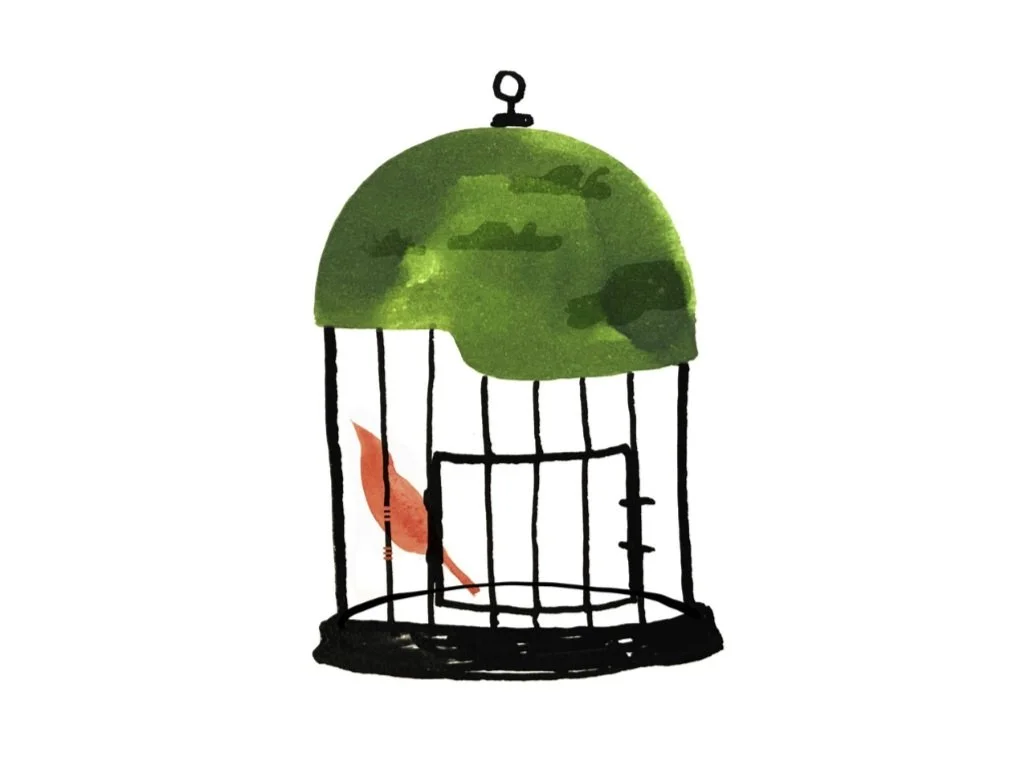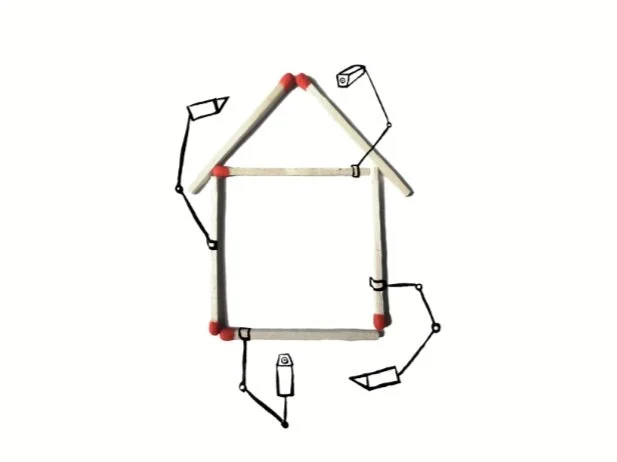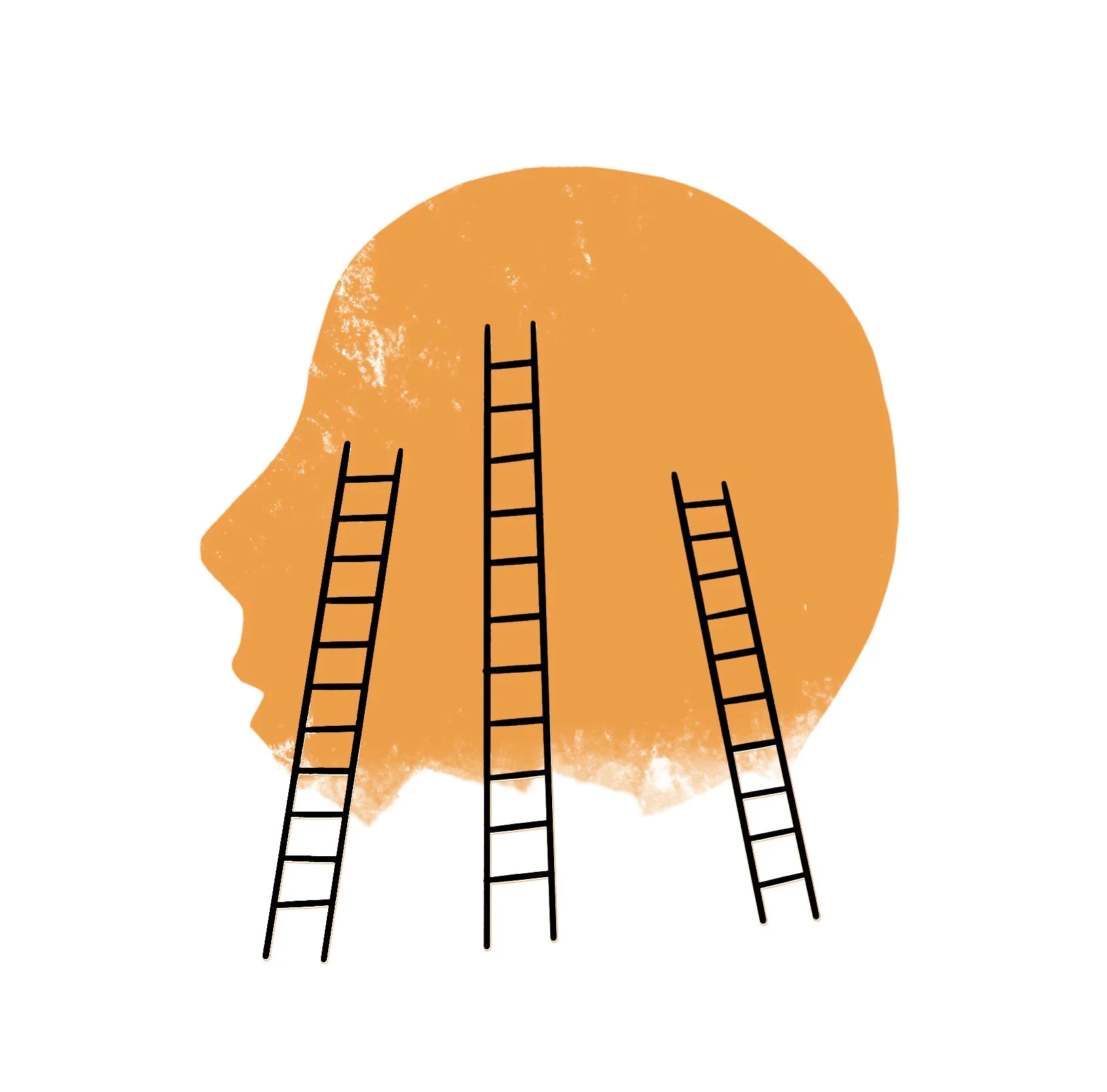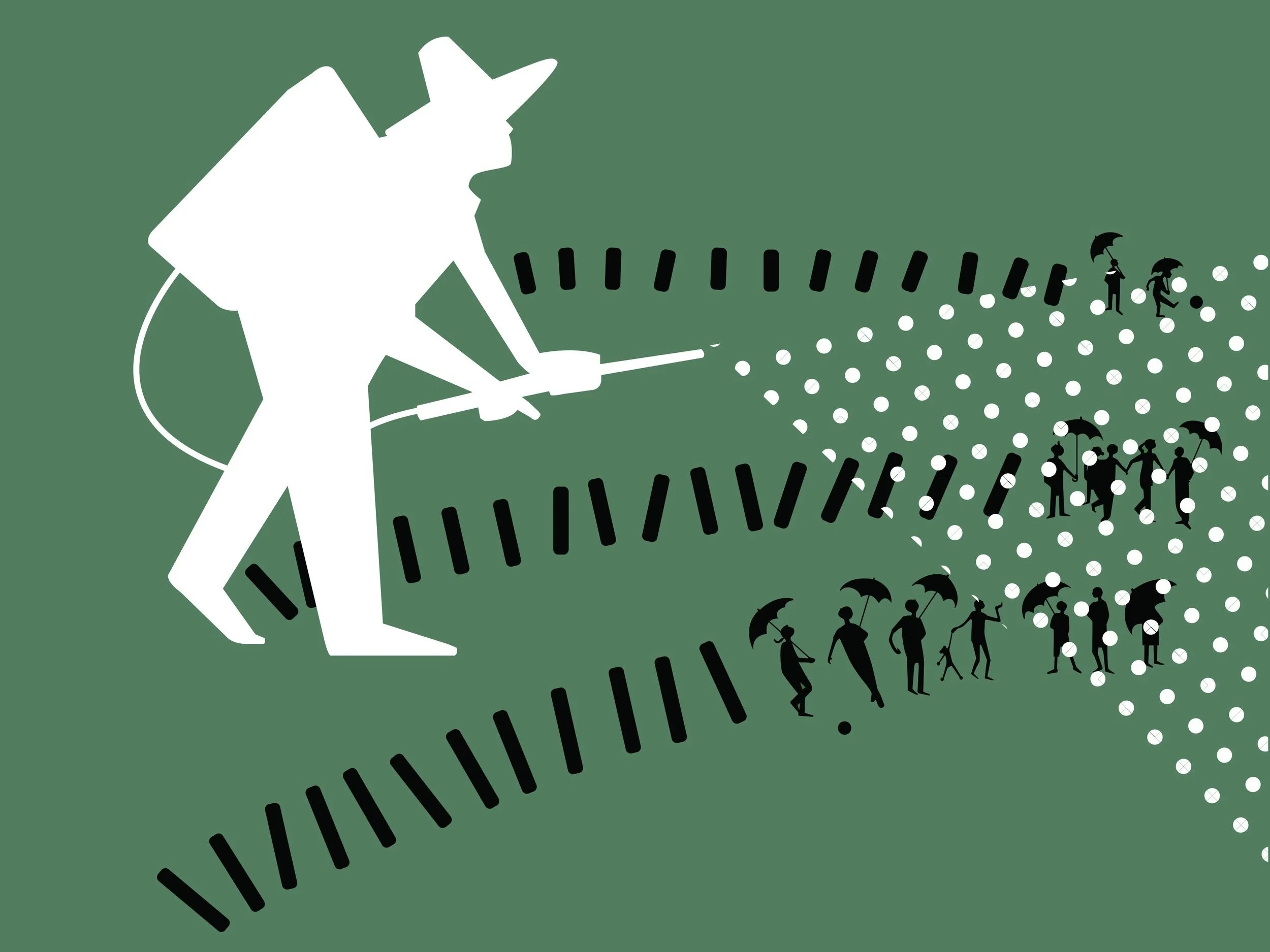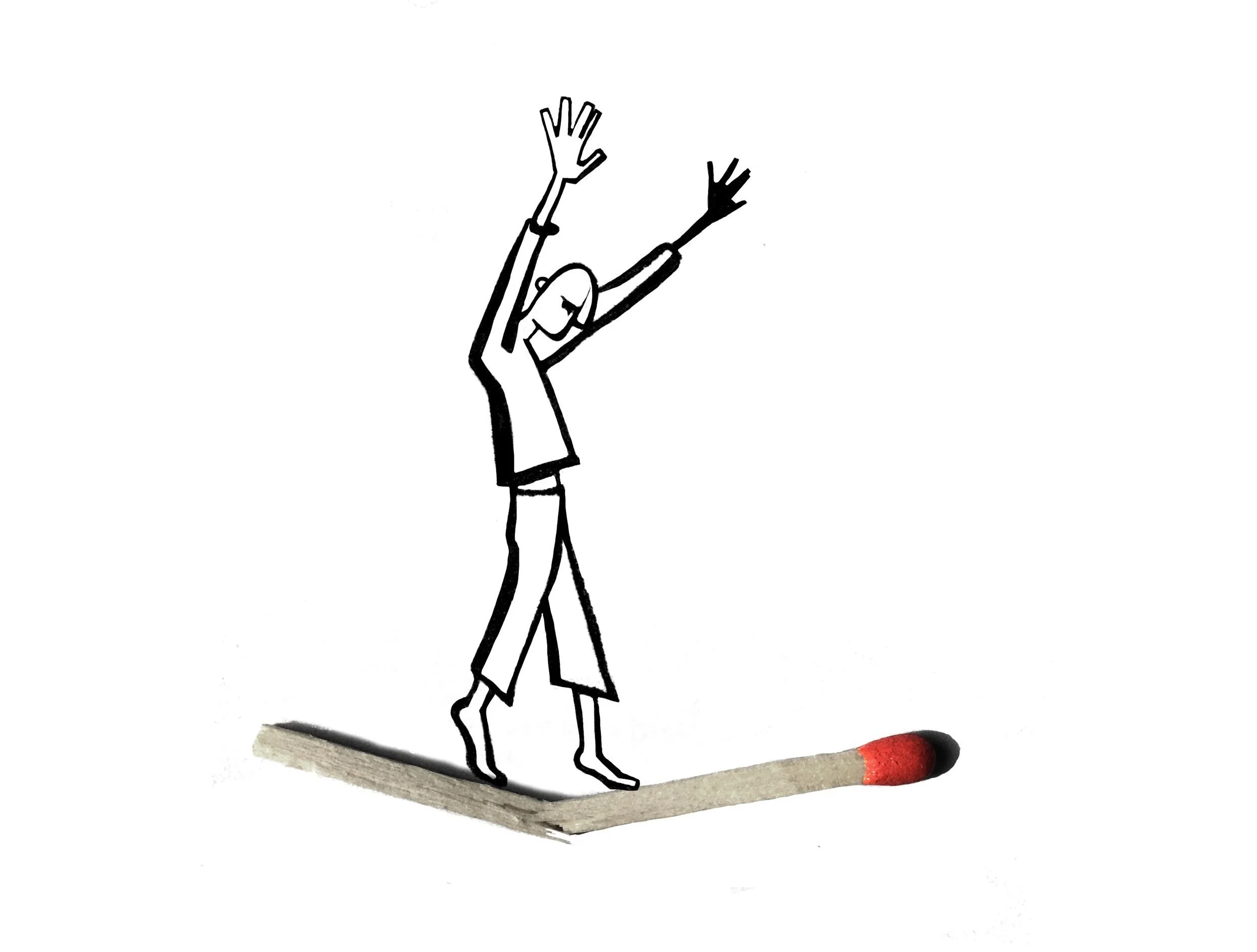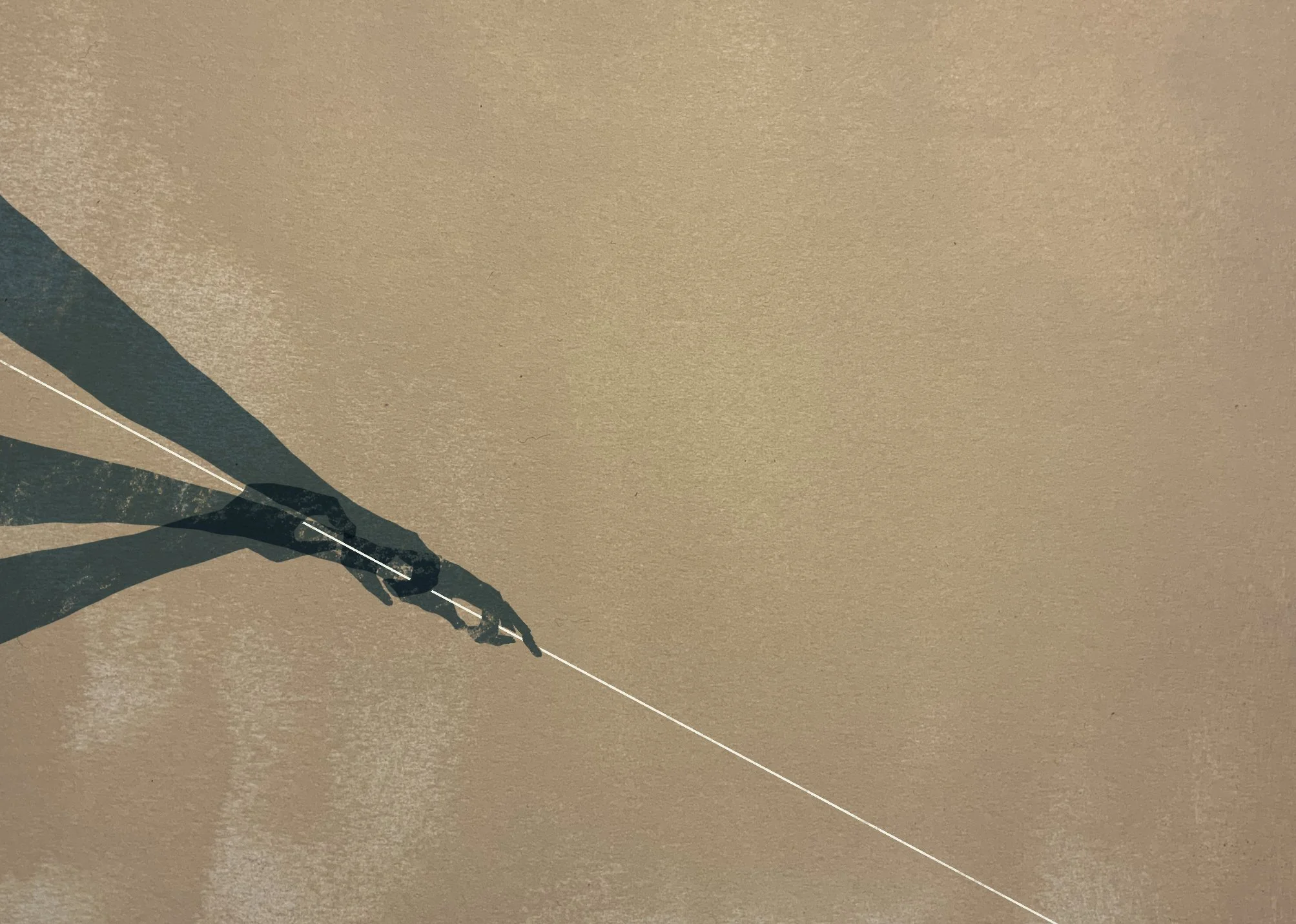CRIN welcomes positive progress in terms of recognition that children’s rights are not just impacted by climate breakdown, but that they should be part of the solutions. But a continued failure to take the action required to stem the source of the crisis - fossil fuels - will continue to undermine children’s rights and future wellbeing. Read the statement from the Children’s Rights Climate Movement, which CRIN is a part of, on the COP28 outcomes.
Read MoreThis page compiles resources in a time of serious violations of children’s rights. Resources include those related to legal mechanisms and challenges, ongoing campaigns and initiatives, and educational and creative resources. We will keep this page updated.
Read MoreThe words below come from CRIN’s Climate Advisers - ten individuals under 18 who advise CRIN on its work on children’s right to a safe, healthy and sustainable environment. Like CRIN, they believe the climate crisis is a children’s rights issue. COP 28 is a key opportunity to ensure that children’s rights are integrated in climate decisions - and that their voices are given the platform and respect that they deserve. We implore you to truly listen to and respond to children’s voices and perspectives - they have rights, they care and their passion and knowledge can push us all to make strong and rights-respecting decisions at this critical time.
Read MoreTo protect children’s rights, policymakers, civil society and others need to engage fully with the complexities of the EU’s draft law to prevent and combat child sexual abuse.
Read MoreThis piece explains the main technologies for detecting known and unknown/new child sexual abuse material, as well as grooming, in the context of the EU draft Regulation to prevent and combat child sexual abuse.
Read MoreWith the situation in occupied Palestinian territories and Israel deteriorating by the hour, we cannot be silent.
Read MoreCRIN and over 500 organisations have joined an open call for an immediate ceasefire in the Gaza Strip and Israel to prevent a humanitarian catastrophe and further loss of innocent lives.
Read MoreAcross the EU dangerous chemicals in toys put children at risk because corporate interests are placed above children’s wellbeing. This could be about to change as the EU reform toy safety laws. We explain how decision makers can ensure that the new laws put children’s rights first.
Read MoreNo se ha hecho lo suficiente para prevenir la recurrencia del abuso sexual infantil por parte de las fuerzas de mantenimiento de la paz de las Naciones Unidas. No se puede tolerar otro escándalo y el abuso debe cesar.
Read MoreLes mesures prises pour empêcher la répétition des abus sexuels commis sur des enfants par les forces de maintien de la paix des Nations Unies sont insuffisantes. Un autre scandale ne peut être toléré et les abus doivent cesser.
Read MoreNot enough has been done to prevent the recurrence of child sexual abuse by the United Nations peacekeepers. Another scandal cannot be tolerated and abuse must stop.
Read MoreOur new report reveals that veterans aged 16-19 have been three times as likely as same-age civilians from socially deprived backgrounds to end their lives. We look at why early enlistment heightens risk of mental ill-health.
Read MoreIn 2019, the UK government commissioned an Independent Review of its counter-terrorism strategy, Prevent. After a series of controversies and delays, the findings and recommendations, as well as the government’s response, were published in February 2023. We explain what this means for children’s rights, and what happens next.
Read MoreBy joining the largest network of environmental citizens’ organisations in Europe, we hope to bring children's rights among the core priorities of the environmental movement in and beyond the European Union.
Read MoreRecognising the disproportionate impact of the UK government’s Prevent strategy on how Muslim children and children of Asian ethnicity are able to access their civil and political rights, the The UN Committee on the Rights of the Child have called for an immediate end to the targeting of specific groups of children by counter-terrorism measures.
Read MoreThe European Union is about to make important decisions to reform its pesticide laws, which currently still expose children to harmful chemicals and don’t fully protect children’s health and their environment. We explain how the EU can better protect children by making children’s rights central in the new regulations.
Read MoreIn a joint public campaign with Human Rights Watch, War Child UK and Reprieve, we call on the UK government to repatriate British families who are being unlawfully detained in northeast Syria. Join us in calling for action.
Read MoreThe UN Committee on the Rights of the Child has called on the UK government to raise the minimum age of military recruitment from 16 to 18 and to address numerous complaints of the sexual assault, rape and abuse of young recruits.
Read MoreDurant cet entretien, nous avons échangé avec les Jeunes Ambassadeurs pour le Climat (JAC), une association de jeunes Français visant à sensibiliser la population aux problématiques climatiques et environnementales.
Read MoreBrazil is Latin America’s best-performing country in preventing and responding to child sexual exploitation and abuse, while Argentina is the lowest ranked, according to a new report released today by Economist Impact comparing the laws and policies of nine countries in the region, the launch of which CRIN coordinated.
Read More




